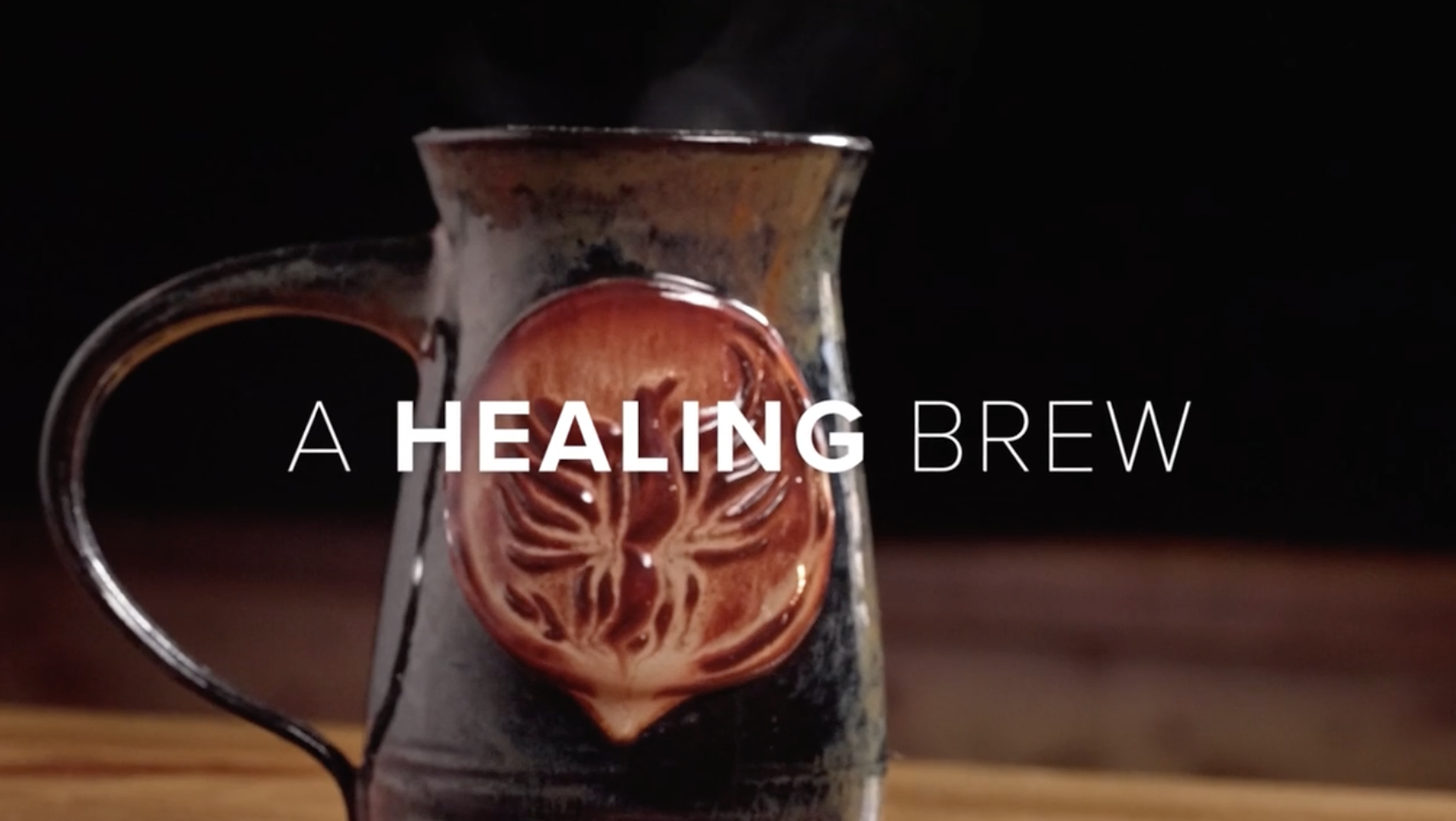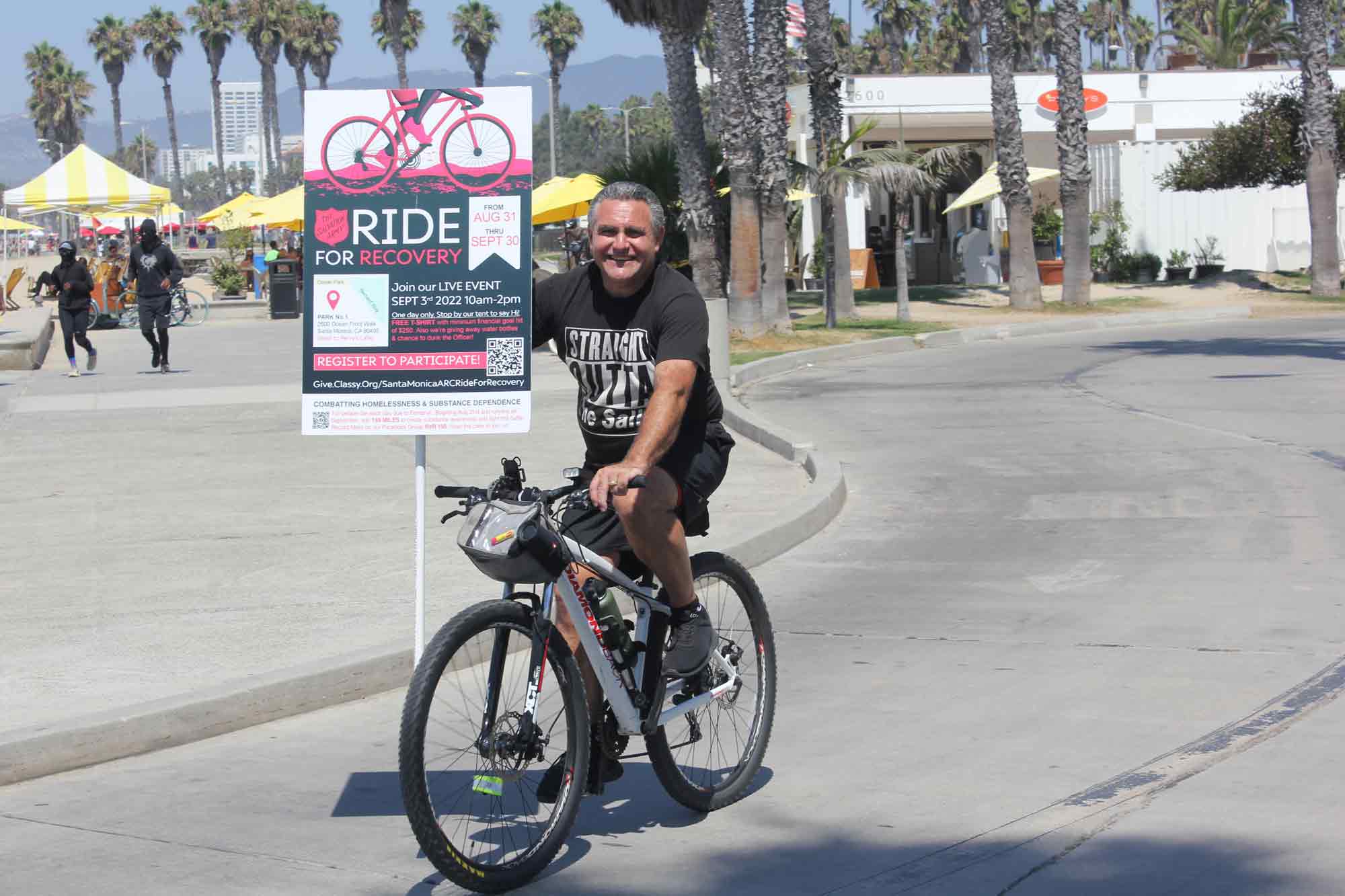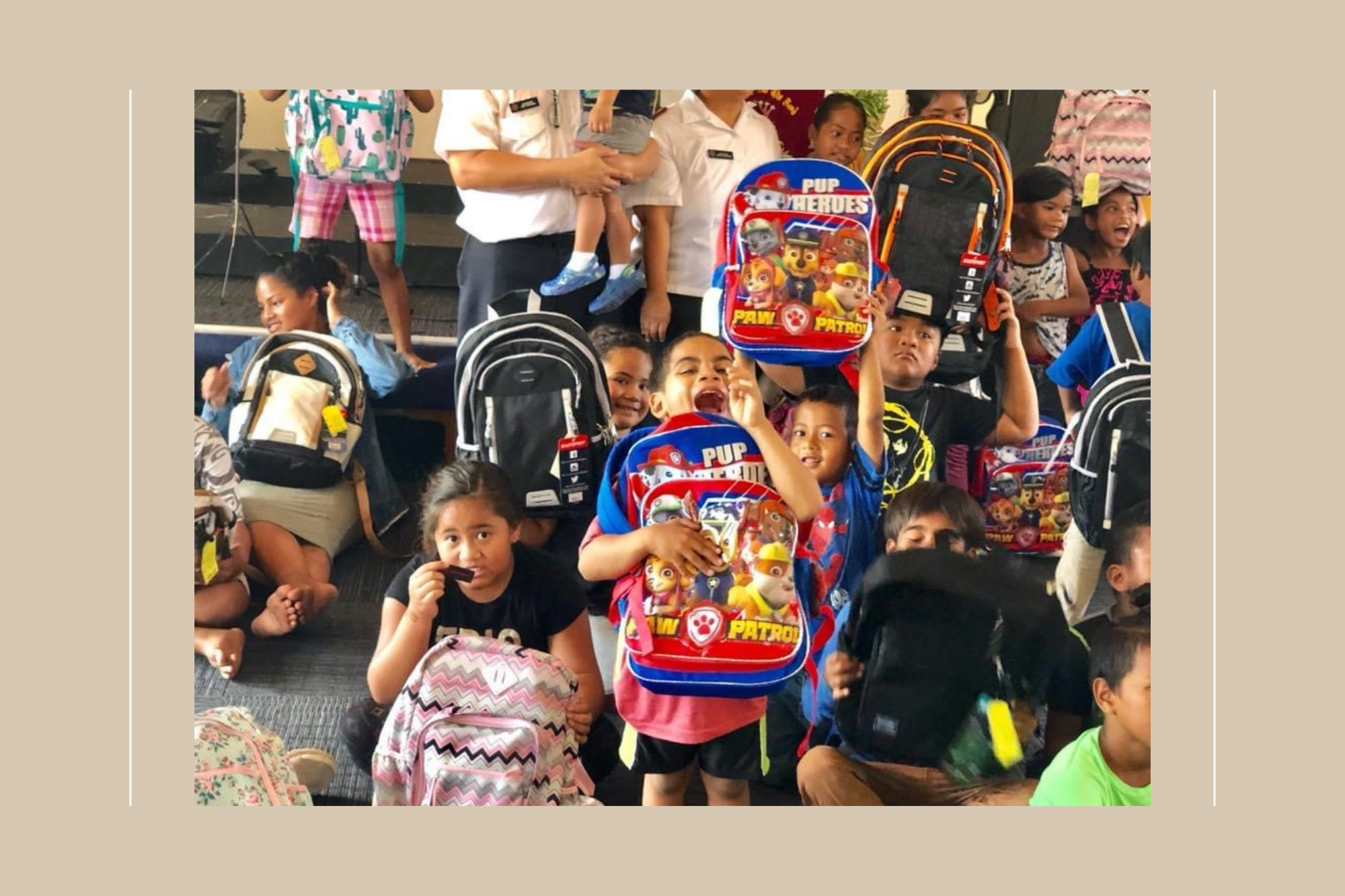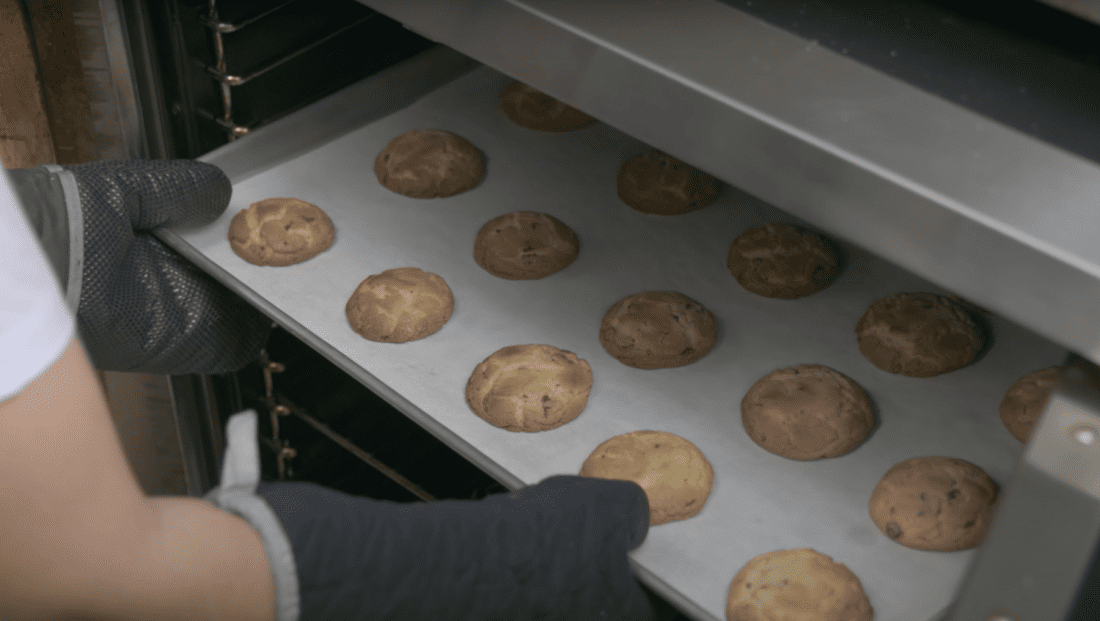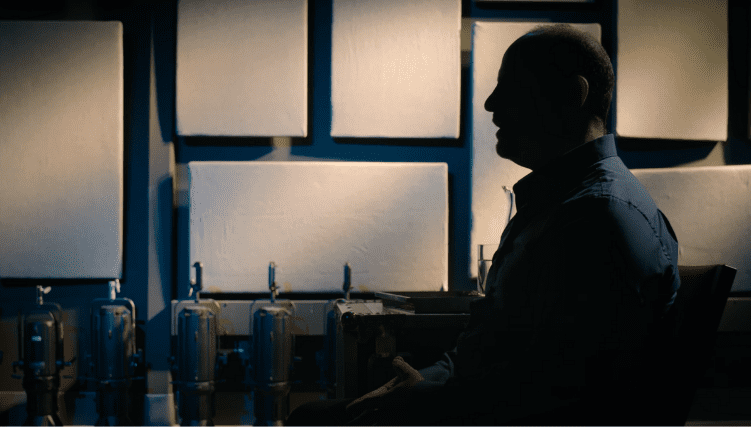“I just found a massive disparity between the life and actions of Jesus Christ, and the church institutions that I’ve grown up around.”
In Cleveland, Tennessee, a small town of 40,000, there are headquarters of 7 Christian Denominations and over 300 churches – but less than 20% of the people there actually attend church. A common issue reported is ‘church hurt’ – pain stemming from experiences within a church community.
For 10 years, The Salvation Army has been working to help heal these wounds through a relational ministry at Inman Coffee – a third-wave coffee shop centered around creating relationships with customers – to show them the true love of God. Enjoy this encouraging story, produced in partnership with The Salvation Army’s USA Southern Territory.
Below is a transcript of the video, edited for readability.
***
Sgt. Ruthie Forgey: When I was little, in the denomination I grew up, God was very judgmental, he was very hateful, and he was certainly not approachable. I got baptized like ten times because I had to make sure it was right.
Anytime there was an altar call, I was like, “Well, I better, you know, I don’t know, I don’t know if I sinned today.” “I better go get it right.” So there was this journey to rightness, and it is so not what Jesus meant for us.
Joel Rogers: Inman Coffee is a full-service coffee house, Southern Living magazine named us one of the best shops in the south. We’re owned and operated by The Salvation Army, and we’re opened as a relational ministry center here in Cleveland, Tennessee.
It’s an intentional place of building relationships with others and loving them in a way that leads them to the love of God. We’re in the buckle of the Bible Belt. In this county of 118,000, in this town of 40,000, there are 300 churches, plus there are seven denominations that have headquarters. But the church attendance average is still less than 15% to 20% of the population. They have experienced some kind of wounding from inside of a church community.
Drew Strike: As I got older, as I started listening, and I started thinking for myself, I just found a massive disparity between the life and actions of Jesus Christ, and the church institutions that I’ve grown up around. I mean, everything from disparaging any sort of difficult conversations that maybe, kind of go against the narrative, to some really terrible things, like covering up abuse. And that did sort of build up over years and years and years to a point of bitterness.
Brooke Campbell: My mom died when I was a kid, and my dad was like a massive, like, drug addict…alcoholic… I grew up in a church where members in my church that were struggling with their marriages, we didn’t talk about them. We just sat them in the back row instead. And it’d be like, “Don’t do that,” or, you know, “Sit on the front row and be quiet,” and, “Show up looking your best, and being your best.”
Okay, well, what if I’m not doing my best? Who’s there for me? Who can I go to? I didn’t really know where I fit in with this God that they talked about, because I have to be fake. I have to be this face, this mask with God too.
Sgt. Ruthie Forgey: When I was 40 years old, I found myself at the end of myself and said I would never be a part of organized religion again, because I had gone far, and I had gone deep. So to be able to share that with other people, who have the same shame, the same, “I’ve gone too far,” “If you only knew what I’ve done.” And so I began to pray for the Lord to open a door, for me to work full-time ministry to reach those people.
Joel Rogers: We’re not just slinging coffee. We don’t hire ‘Baristas,’ we hire ‘Baristas / Youth Ministry Workers’, because we want them to come with that perspective of every day, behind the counter, I may be the one that a customer comes in and just locks onto me, and realizes it’s a safe zone.
Sgt. Ruthie Forgey: I mean, people will be very real with their prayer requests, you know, and they felt comfortable enough to say whatever they needed to say.
Joel Rogers: You know, we thought, “Man, it’s going to take a little bit to establish ourselves in people’s lives.” But what we saw was they were immediately feeling so welcome that they were staying for hours their first visit, and we were seeing that community form really early.
Sgt. Ruthie Forgey: They go deep, so that these kids can carry less with them into adulthood than we did.
Joel Rogers: That’s literally what we pray for, is like, “God, send us people who just don’t know where to go.” If nothing else, that people see Inman as a place that’s safe, that if they’re feeling wounded, hobble on in here. We may not be able to patch it up completely, but we’re going to start treating it. We just want to be a part of the healing.
Drew Strike: Getting to watch and observe that as I first got here, restored a lot of faith in the church for me. I knew this was a really special place. I’m in the kind of church group that I always wanted to exist.
Brooke Campbell: Inman became home. It became a place that I felt comfortable enough to cry. It was, “We’re here, in your grief, in your loss, with you.”
Sgt. Ruthie Forgey: God replaced that cloak of shame with the robe of his righteousness. And if he did it for me, he’s going to do it for them.
Joel Rogers: God has sent us so many amazing people, who have come in with some level of wounding, and have left empowered to not just be a part of the faith community again, but to be a part of sharing the faith.
Brooke Campbell: Through our love and our kindness, we can show them that whatever their dirty laundry looks like, God’s going to show up and love them anyway.
Do Good:
- See more videos like this in our video feed.
- How do we treat everyone with love and kindness, as if they were our neighbor? Get the Do Good Family Roadmap and take a 4-week journey for families in how to be a good neighbor. Follow the guide to see what the Bible says about the art of neighboring and take tangible steps together on your printable roadmap to be a caring, helpful, welcoming and supportive neighbor right where you are.
- What does it mean to do good? Where can we discover joy? What is it really like to be homeless? How can I raise a kind kid? Subscribe to The Do Gooders Podcast to find these episodes and much more—all to help you be inspired to do good right where you are.











